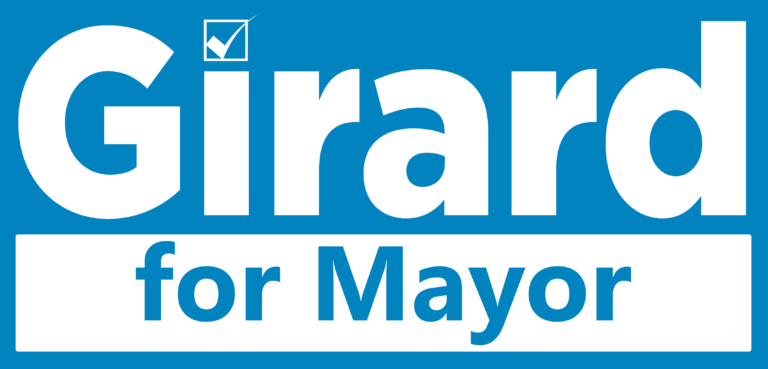by Rich Girard
Published in the Union Leader on February 27, 2022
THE MANCHESTER SCHOOL BOARD recently removed Paid Time Off (PTO), a major and beneficial change made to how sick and personal time was handled, from the contract with its principals union. PTO replaced the accrual, or “banking,” of sick time that often leads to massive severance checks being paid out at retirement with a system that annually bought back any unused time with a contribution to each principal’s personal retirement account, Health Savings Account or Health Reimbursement Account. The contribution would depend on how many unused PTO days the principals had at the end of each contract year. The more days a principal had to be bought back, the more money they would receive.
One of the issues that needed to be addressed was the non-contractual practice of principals going to work on a Saturday morning or during a vacation day when no one else was in the building to “make up” for a sick or personal day they’d taken during the week. This had been ongoing for a number of years and was flagged by the administration as something that needed to change.
During the negotiations, we bargained intently over the language of the PTO paradigm to button up this issue:
The initial grant of days was reduced by the number of personal or sick days used prior to the adoption of the contract.
If PTO was used for illness or injury, the administration had to be notified or the principal would risk not being paid for the days out.
PTO use was restricted to cases of illness or injury for principals within their probationary period.
Personal days had to be approved in advance by an administrator at the district level.
We even included language that required at least one principal or assistant principal to be in the building or reachable by phone during regular school operating hours. (Believe it or not, the inability of district staff to contact building administrators during school hours had become a serious problem.)
As if this wasn’t enough to demonstrate that the practice of making up sick or personal days was “over,” an email I sent as chairman of the Special Committee on Negotiations to principals union negotiator Rick Laughton during our back and forth on the details made it painfully clear. “PTO must be used when work days are missed. Missed days may not be ‘made up’ by working on weekends or vacations. A PTO day counts as a work day when used.”
From Oct. 1, 2019, when this email was sent, until we had a tentative agreement a few weeks later, our bargaining over these issues led to noteworthy increases in the number of PTO days the principals received, the size of the PTO buyback pool and even the number of “banked days” they could access should they been necessary before the newly provided short-term disability benefit kicked in.
Despite this, the union now says it has a “different understanding” of how PTO was to be used, that “nothing would change” with respect to their ability (again, non-contractual) to “make up” missed work days by working an unspecified and unverifiable amount of time on days when school is closed. In the two years since the contract had been settled, they continued this practice to avoid using PTO days used to maximize their PTO buyback, the directives of the contract and the administration notwithstanding.
Despite presenting this information to the school board during public participation on Feb. 14, 2022, the proposal to gut this provision of the contract and go back to the good old days of ballooning the district’s unfunded severance liability on an annual basis and being able to “make up time” was passed unanimously on a voice vote without so much as a question being asked. I made sure to stay through the “response to public comment” section of the meeting in case anyone needed more information. Apparently, they didn’t.
Of course, the principals will get to keep the buyback payments made to them for the two years PTO was in place. Meanwhile, the taxpayer gets soaked because all of the banked days whose values were frozen to stop the growth of the unfunded liability are now all valued at their current pay rate, which is about 5 percent higher than it was two years ago and will grow with every pay raise they get from here on out.
Approving this change simply rewards dishonesty and is wrong.
